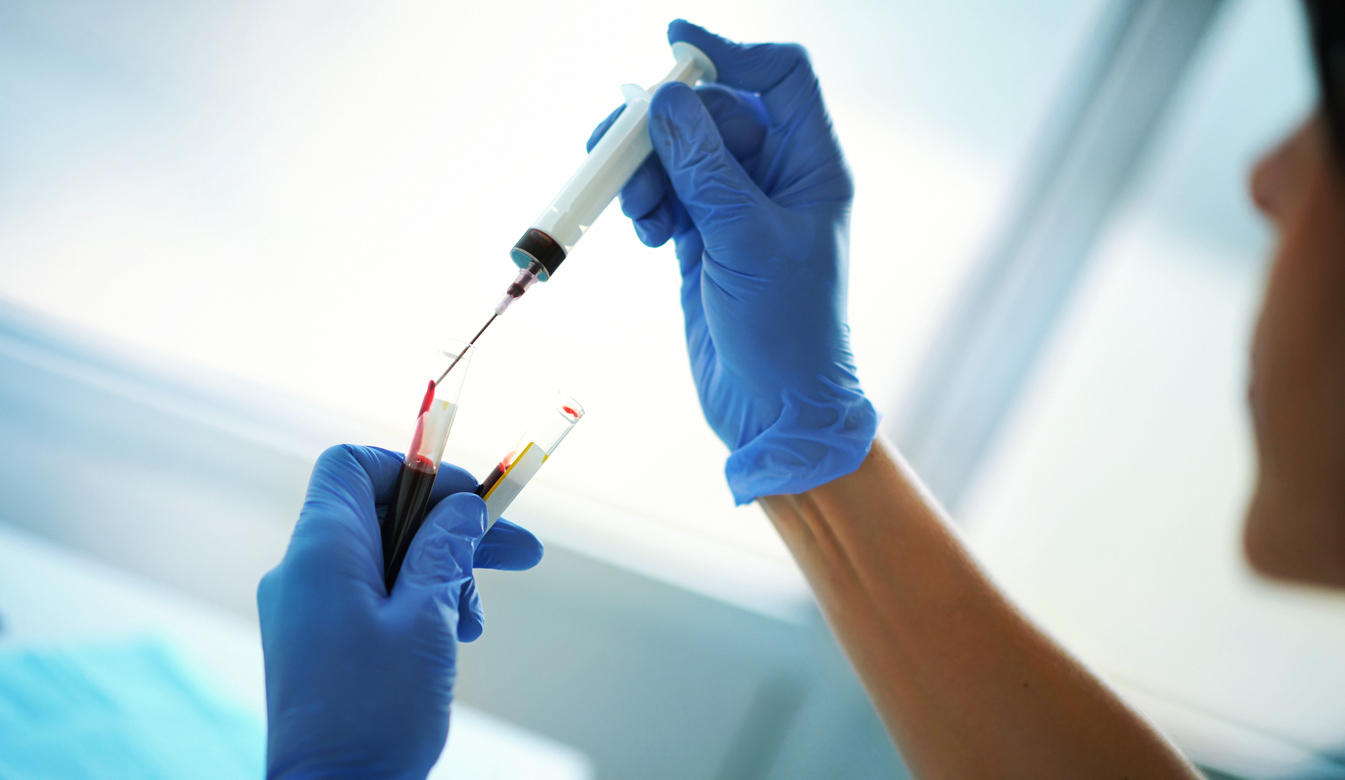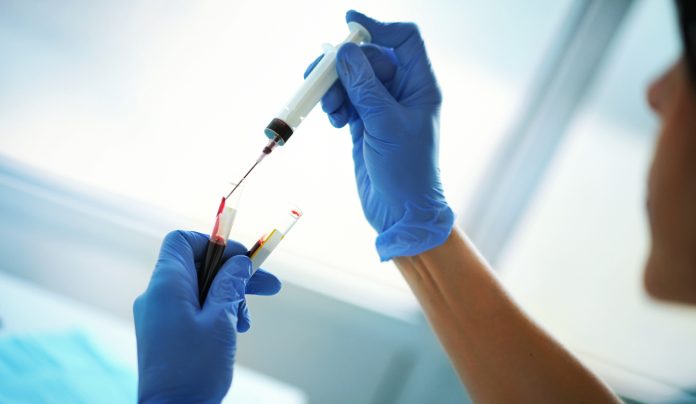Rising number of sexually transmitted infections requires urgent action


Over one million curable sexually transmitted infections (STIs) are diagnosed every day, posing urgent challenges to the global health community.
Recent data underscore the magnitude of the problem, showing that in 2020 alone, an estimated 374 million new infections with curable sexually transmitted diseases such as chlamydia, gonorrhea, syphilis and trichomoniasis were reported among people aged 15 to 49.
These infections often have no symptoms and are therefore not recognized, but can have serious health consequences.
An increase in sexually transmitted diseases
In 2022, there were a worrying 8 million syphilis infections in adults. More than 500 million people in the same age group suffer from genital herpes and over 300 million women are affected by the human papillomavirus (HPV), which is linked to cervical cancer.
The impact of sexually transmitted diseases extends far beyond individual health and affects sexual and reproductive health on a global level. STIs can increase susceptibility to HIV, cause infertility, and even lead to adverse birth outcomes when transmitted from mother to child during pregnancy or birth.
Efforts to combat sexually transmitted diseases
Condoms, when used consistently and correctly, provide comprehensive protection against sexually transmitted diseases, including HIV. Vaccines against HPV and hepatitis B represent significant advances, but their availability still varies across regions.
Dr. Tedros Adhanom Ghebreyesus, Director-General of the World Health Organization (WHO), emphasizes the need for integrated strategies to comprehensively combat STIs.
Limited access to diagnostic tools in low- and middle-income countries makes timely diagnosis and treatment difficult. In addition, the rise of antimicrobial resistance (AMR), particularly in infections such as gonorrhea, threatens treatment effectiveness and requires urgent attention.
To address these issues, WHO advocates for improved global health strategies, including expanded immunization programs, integration of STI services into primary health care, and increased surveillance of AMR.
To curb the spread of sexually transmitted diseases and mitigate their devastating impact on society worldwide, we need to increase public awareness, improve health infrastructure and promote international cooperation.
It is crucial to prioritize investments in STI prevention and treatment.



